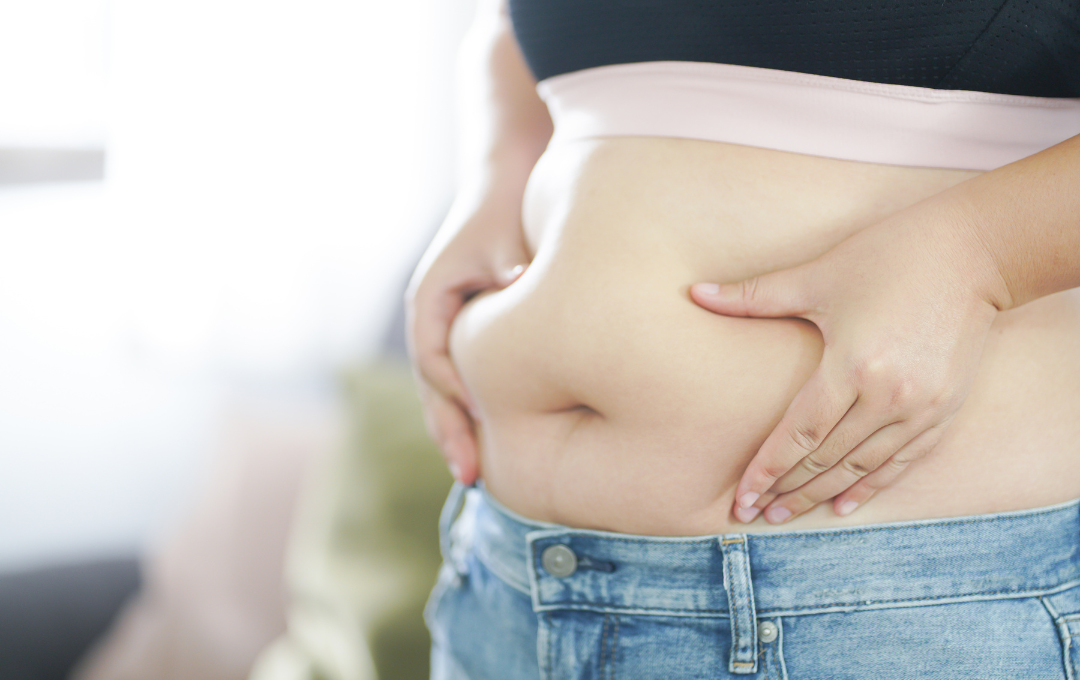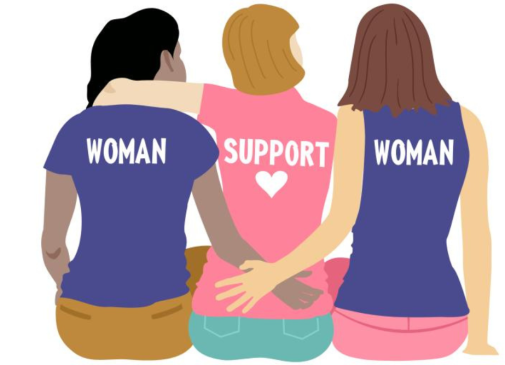
If you’ve noticed persistent bloating or a swollen belly that won’t go away, you might be wondering what’s causing it. While digestive issues or weight gain are common explanations, another possible cause is an enlarged uterus due to fibroids. These noncancerous growths develop in or around the uterus and, depending on their size and location, may lead to significant abdominal swelling and discomfort.
How Do Fibroids Cause an Enlarged Uterus?
Fibroids vary in size, from as small as a grain of rice to as large as a grapefruit—or even bigger. Some women may have a single fibroid, while others develop multiple growths at once. As fibroids grow, they take up space in and around the uterus, causing it to stretch and expand. This can lead to a visibly swollen abdomen, often mistaken for weight gain or pregnancy.
An enlarged uterus due to fibroids can cause:
- A bloated or swollen abdomen
- A sensation of fullness or pressure in the lower stomach
- Unexplained weight gain
- Pelvic discomfort or cramping
- Frequent urination due to pressure on the bladder
Since fibroids grow at different rates, symptoms may gradually worsen over time. Women with multiple fibroids or very large fibroids are more likely to experience noticeable swelling and discomfort.
The location of fibroids is important to how they impact the uterus:
- Subserosal fibroids grow on the outer layer of the uterus and can create visible abdominal swelling.
- Intramural fibroids develop within the uterine wall, causing the uterus to grow larger overall and putting pressure on nearby organs.
- Submucosal fibroids are found inside the uterine cavity and may not cause as much outward swelling but can lead to severe heavy bleeding and cramping.
- Pedunculated fibroids grow on a stalk-like structure outside the uterus, which can add to discomfort and bloating.
While a swollen belly can be a sign of fibroids, it’s often accompanied by other symptoms that may signal the need for medical attention.
Other Fibroid Symptoms
Uterine fibroids can cause a variety of symptoms, often impacting a woman’s quality of life. One of the most common symptoms is heavy or prolonged menstrual bleeding, sometimes so severe it can lead to anemia and persistent fatigue. This excessive bleeding can disrupt daily routines and cause significant discomfort. Beyond heavy flow, some women experience irregular periods, characterized by inconsistent cycles or spotting between periods.
The location and size of fibroids can also influence other bodily functions. For instance, when fibroids press against the intestines, they can cause digestive discomfort, such as constipation. While less common, fibroids can sometimes exert pressure on nerves, resulting in leg pain, swelling, or even backaches.
If you’re experiencing any of these symptoms alongside abdominal swelling, it’s important to speak with a doctor. An early and accurate diagnosis can help determine whether fibroids are the cause and what treatment options are available.
Not sure if your symptoms are related to fibroids? Try our Fibroid Symptom Checker to better understand your health and take the next step toward relief.
How to Manage Fibroid Symptoms and Reduce Abdominal Bloating
If fibroids are affecting your quality of life, several treatment options can help manage symptoms like bloating, heavy menstrual bleeding, and pelvic pain. The right choice depends on factors such as fibroid size, location, severity of symptoms, and future fertility goals.
| Treatment Option | Description | Benefits | Duration of Effectiveness |
| Uterine Fibroid Embolization (UFE) | A minimally invasive procedure that blocks blood flow to fibroids, causing them to shrink. | Short recovery time, preserves uterus and fertility, effective symptom relief. | Long-term; fibroids typically do not regrow. |
| Medications (Hormone Therapy, Pain Relievers, etc.) | Manages symptoms by regulating hormone levels or reducing pain. | Non-invasive, can help control symptoms. | Temporary; symptoms return if medication is stopped. |
| Myomectomy | Surgical removal of fibroids while preserving the uterus. | Effective symptom relief maintains fertility. | Varies; fibroids may regrow over time. |
| Hysterectomy | Surgical removal of the uterus, permanently eliminating fibroids. | Permanent solution, no recurrence. | Lifelong; fibroids cannot return. |
A fibroid specialist can help determine the best treatment based on your symptoms and future plans.
Find Support Through Fibroid Fighters Resources
If you’re struggling with unexplained bloating, pelvic pain, or other fibroid symptoms, Fibroid Fighters is here to help.
At the Fibroid Fighters Foundation, we aim to educate women with fibroids about their options when it comes to finding effective treatment solutions. If you’re experiencing symptoms and are seeking support and resources, give us a call at 855-455-5262.
Importance of Sharing Your Story
Your story, whether shared through video, audio, or text, has the power to resonate with countless women who may be experiencing similar struggles. By participating in our fibroid testimonial page, you become part of a community that values connection, strength, and shared experiences. Together, we can foster a space where women feel heard, supported, and empowered to take control of their health. Sharing your testimonial not only contributes to your own healing but also strengthens the collective voice of those who are bravely fighting fibroids.







